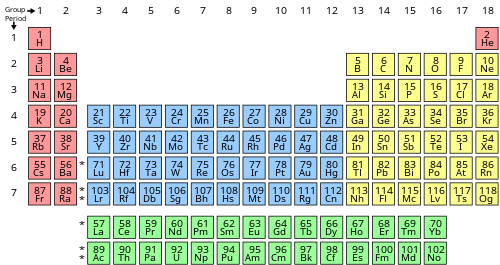1808 ⟶ Gay-Lussac's Gas Laws Investigations
Joseph Louis Gay-Lussac collects and discovers several chemi...Year
1805
1808
1811
💧 Joseph Louis Gay-Lussac Determines Water Composition by Volume
Joseph Louis Gay-Lussac discovers that water is composed of two parts hydrogen and one part oxygen by volume.⟶

ChemistryWaterGay-LussacCompositionVolume19th Century
 France
France💨 Gay-Lussac's Gas Laws Investigations
Joseph Louis Gay-Lussac collects and discovers several chemical and physical properties of air and of other gases, including experimental proofs of Boyle's and Charles's laws, and of relationships between density and composition of gases.⟶

ChemistryPhysicsGas LawsBoyle's LawCharles's LawDensityJoseph Louis Gay-Lussac19th Century ScienceExperimental Physics
 France
France⚛️ Dalton Publishes Atomic Theory
John Dalton publishes New System of Chemical Philosophy, which contains first modern scientific description of the atomic theory, and clear description of the law of multiple proportions.⟶

ChemistryAtomic TheoryAtomsLaw of Multiple ProportionsJohn Dalton19th Century ScienceChemical PhilosophyMatter
 United Kingdom
United Kingdom🧪 Berzelius Introduces Modern Chemical Notation
Jöns Jakob Berzelius publishes Lärbok i Kemien in which he proposes modern chemical symbols and notation, and of the concept of relative atomic weight.⟶

ChemistryChemical NotationChemical SymbolsRelative Atomic WeightJöns Jacob Berzelius19th Century ScienceNomenclature
 Sweden
Sweden🎈 Avogadro Proposes Law of Gases
Amedeo Avogadro proposes Avogadro's law, that equal volumes of gases under constant temperature and pressure contain equal number of molecules.⟶

ChemistryGas LawsAvogadro's LawMoleculesAmedeo Avogadro19th Century SciencePhysical ChemistryIdeal Gas
 Italy
Italy